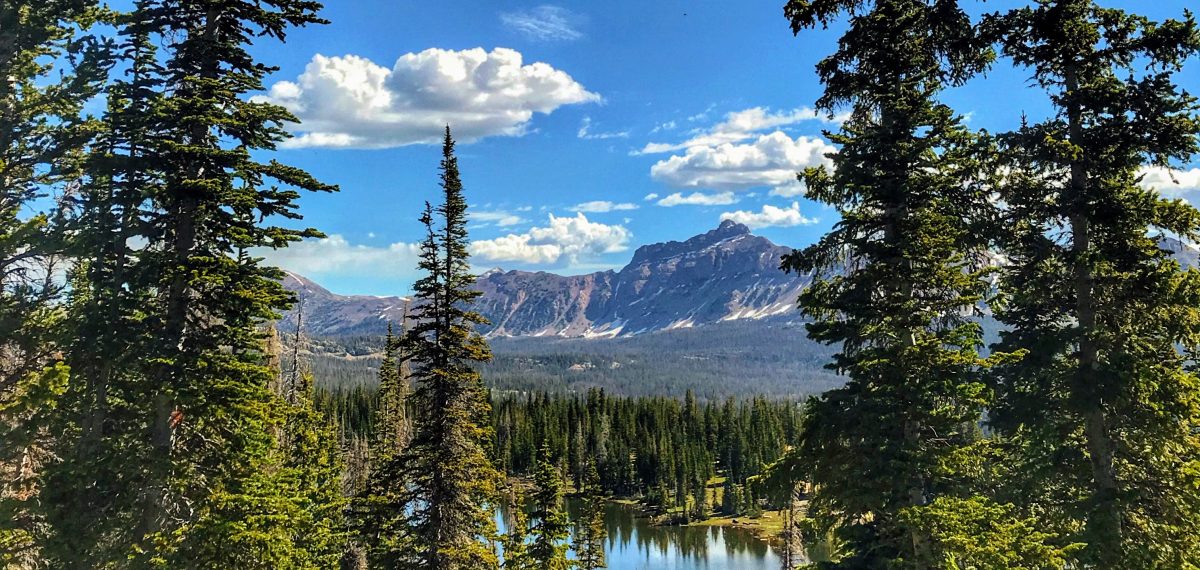I usually reflect on the subject of driving and how it has come to define our modern life as I’m biking to work or as I’m walking around Provo (usually taking in the Joaquin neighborhood or a particularly leafy sections of Center Street). The experience of self-powered travel, in my view a more mindful form of transportation, is entirely different in nature, form and effect (psychological, physical, emotional, etc.) than standard car travel. In many ways our approach to transportation is analagous to our Western approach to life. We focus so doggedly on an increasingly narrow goal that we miss much of what is around us.
Recently, my brother and I bought our first car. It is a strange experience to own a car. The freedom promised through its ownership proves illusory because to drive is to be perpetually frustrated. It is to be eternally one second too late to make the yellow light. It is to be too cold on a winter day while you wait for the car to warm up. It is to feel suffocated by the palpably hot and steamy summer car air as you wait impatiently for the A/C to sufficiently cool the car so as to not completely stifle sentient thought. It is to sit in traffic while anxiously glancing at your watch every few seconds, hoping against hope that you can get to your destination on time.
Now, this is not to say cars are entirely useless, for useful they can be. But the way they are commonly used, and often abused, is not useful and most definitely not sustainable. When used immoderately cars lead to the forgetting of where we are. When looking to diagnose the modern problem of amnesia of place, of declining communities, of fraying “bonds of affection” I would suggest the car (and communities built primarily for cars) as a leading suspect. Cars enable us (along with a variety of complementary modern technology) to live in a place without fully experiencing the place.
On the mornings I ride my bike the mile or so to work I am struck by the imposing beauty of the mountains. I drink in the smell of the Provo river as I cross the wooden bridge traversing it. I stare at the clouds and marvel at their ability to frame a day, to provide it proper setting. When I move myself, of my own power, around my community I begin to feel a part of that community and the landscape in which it is set. My bike rides home from work have taught me to respect the slight incline up towards University Avenue. I feel the incline in my legs– and interact with it–as I stand up and shift my full weight to the pedals. Maximizing downward force on my pedals I rise up towards, and slowly crest, the ridge.
Standing outside–being expressly present, immediately proximate–while biking around Provo has another key advantage to driving. For when caught waiting at a light I can stare around me and take in the full beauty of the world around me. In that moment I am completely unencumbered by any instruments, controls, or distractions. I find these breaks refreshing, even rejuvenating as I catch my breath and (even if shuddering from the cold) look around me and begin to take a fuller measure of the world. On the other hand these little pauses in a car are invitations to frustration. In these instances I look around distractedly and anxiously while waiting impatiently for the light to change to green. In a car I am completely encapsulated and separated from the world. This is usually accompanied by an anxiety of existence. I am prone to turning on the radio–but less for pleasure than as a means for tuning out deeper dissatisfaction.
Our hurry to get from one task to another has turned the journey between tasks into a task itself. The “commute” is a fearsome word in our American vocabulary but should not simply be equated with traveling to and from work. We travel in much similar ways to other events and turn our lives into endless sets of tasks without giving ourselves enough time to ask why. Journeys should be the best time to ask such questions, but too often these journeys devolve into tasks, and deprive us of the opportunity to find moments of transcendent peace or introspection. When travel is sterilized into a science, and when a journey becomes work, any potential time for self-reflection shrinks proportionally. Nonetheless, travel by car doesn’t automatically inhibit productive introspection. Long road trips on the open road and carefree scenic drives have many times encouraged my thoughts to wander in the most interesting of back roads. No, the car doesn’t inherently destroy a sense of journey or community or sense of place–yet when uninhibited and carelessly used it makes the demise of all these things much easier.

